Europe must
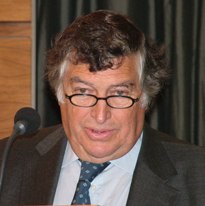
“The industry, livestock producers and public authorities need to ‘cross the line’ by adapting their respective business models and policy approaches to provide safe but affordable foodstuffs to consumers,” according to European feed manufacturers’ President Pedro Corrêa de Barros at Fefac’s 51st annual General Assembly meeting in Brussels.
Corrêa de Barros stated that "in the face of rocketing and volatile raw material prices all actors must have a close look on long-term conditions allowing EU livestock producers to remain competitive." "The EU can no longer afford to apply double standards for its own producers vis-à-vis imported products," he added.
Expensive zero-tolerance policy
The Fefac president said that the EU’s zero-tolerance policy on risk-assessed but not yet approved GM products alone had cost livestock producers already more than € 5 billion as it cuts off Europe from vital feed material imports at a time of global scarcity.
He welcomed the EU Commission’s intention to fix a practical low level presence threshold for not yet approved GM products before the summer as a crucial measure to maintain vital imports of soybean products, which are the key protein source for EU livestock production.
Feed ban problems
With a view to the severe economic crisis in the livestock sector, where farmers cannot pass on higher feed costs to consumers, he stressed the need for policy makers to critically review all options to improve access of the industry to safe raw materials. He pointed to the planned review of the ‘feed ban’, for non-ruminant processed animal proteins for monogastric animals (fish, pig an poultry), as on of the restrictions which need to be re-examined in the light of the political demand for sustainable production methods and the availability of new control tools.
Labelling law improved
Corrêa de Barros welcomed the European Commission’s new proposal on marketing and use of feed, which he qualified as a ‘perfect proof of the Commission’s willingness and capacity to cut ‘red tape’ where possible, without compromising on it high food safety standards".
He expressed his gratitude to the Commission that the importance for stimulating innovation in animal nutrition to produce safer and more cost-efficient feed, was fully recognised by setting the right balance between the customer right for product information and the industry’s right of know-how protection of their formulations.
CAP revision not efficient
On the CAP Health Check proposal and Sustainable Development, he noted the willingness of the European Commission to redesign the intervention system for soft wheat as a safety net tool.
He regretted however, that the CAP Health Check did not sufficiently emphasize the importance of raising efficiency of EU agricultural production and welcomed the Farm Council’s decision to follow a more ambitious approach, which should focus on the need to improve the competitiveness of the EU livestock sector.
He said that "Europe can and must produce more feed and food for its consumers in the EU and in the world." Fefac’s President stressed the organisation’s commitment to favour common sustainability criteria for production and making no discrimination between feed, food and biofuels.
Fefac is a direct member of the global Roundtable for the responsible production of soybeans (RTRS), which is set to deliver a global stainability standard for soybean production in 2009.
Related website:
Fefac
Join 26,000+ subscribers
Subscribe to our newsletter to stay updated about all the need-to-know content in the feed sector, three times a week. Beheer
Beheer

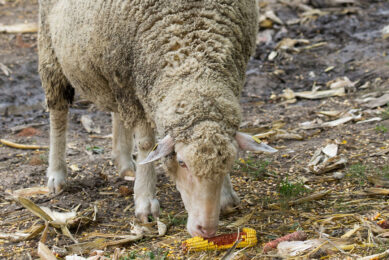
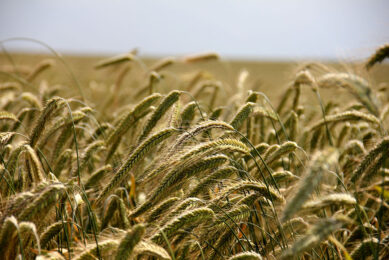
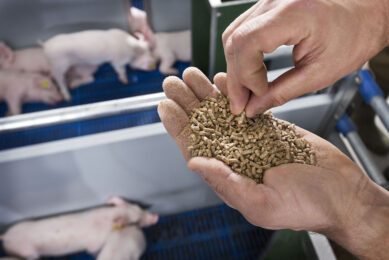
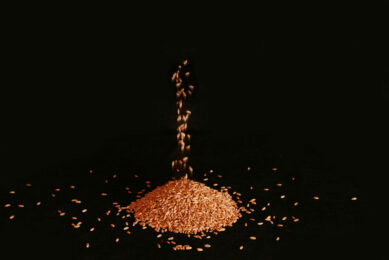




 WP Admin
WP Admin  Bewerk bericht
Bewerk bericht